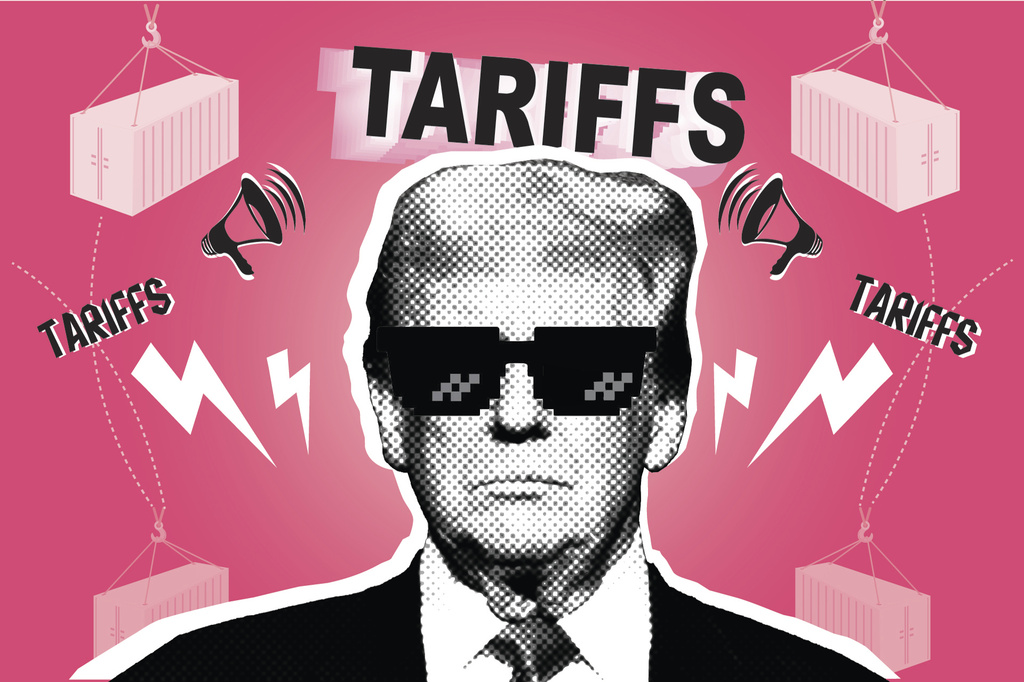President-elect Donald Trump won a return to the White House in part by promising big changes in economic policy — more tax cuts, huge tariffs on imports, mass deportations of immigrants working in the United States illegally.
In some ways, his victory marked a repudiation of President Joe Biden’s economic stewardship and a protest against inflation. It came despite low unemployment and steady growth under the Biden administration.
What lies ahead for the economy under Trump? Paul Ashworth of Capital Economics spoke recently to The Associated Press. The interview has been edited for length and clarity.
Q: What kind of economy is Trump inheriting?
A: It is objectively a strong economy. But that doesn’t mean the man in the street agrees. If you look just at the growth numbers, they’ve been strong, and the unemployment rate’s pretty low. But consumer confidence remains muted. Although the inflation rate has come down, the level of prices remains much higher than it used to be. That was obviously weighing on consumer sentiment.
Q: What will be the economic priorities for Trump?
A: There’s a lot to do on fiscal policy in terms of just extending the original Trump tax cuts, which are due to expire at the end of 2025. The debt outlook is approaching 100% of GDP and is on track to be 120% of GDP within another decade. Extending the expiring tax cuts is about avoiding fiscal tightening, not introducing additional stimulus into the economy. We’re not convinced we’ll see further stimulus.
Q: What do you expect on tariffs?
A: During his first term, Trump used tariffs as a negotiating tool to draw concessions out of other countries. We’re seeing an echo with recent threats toward Canada, Mexico and China. I think there will be a 10% universal tariff and higher tariffs on China. I don’t think many countries would be able to negotiate their way out of it. This feeds through to final consumer goods prices. It will add up to 1% to inflation. But this is a one-off change rather than an increase in the ongoing inflation rate.
Q: What impact would you expect from Trump’s promised deportations?
A: It hits the economy’s supply side. But it also hits demand because these people spend money. The question is, which one does it hit most, because that determines whether it’s inflationary or deflationary. Our guess is that the impact on the supply side of the economy will be slightly greater, in which case we see it as slightly inflationary. Some sectors, like agriculture, construction, food processing and restaurants, would get hit harder. That’s where you’d expect inflation to come through — in food prices, restaurant prices. Immigration policies and tariffs could knock half a percent off growth and add 1% to inflation. It’s not ideal. But it’s certainly not a disaster.
(AP)











